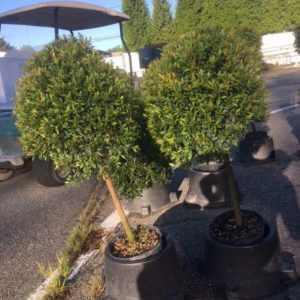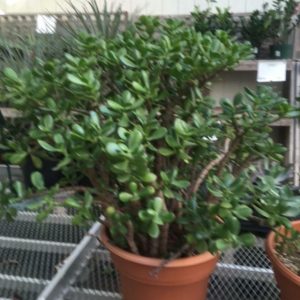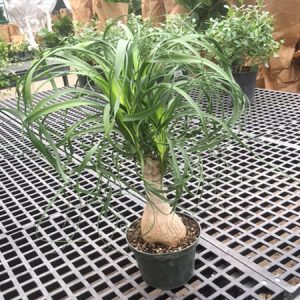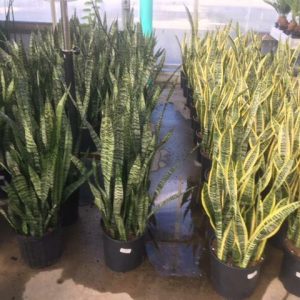Description
Arundinaria
There are 2 species of bamboos, in this genus. They occur from swampy areas in Southeastern U.S. They produce thick, hollow, slender, and jointed stems that can reach 5-30’ feet high. The first year stems may be simple but then become branching in the second year. From the stem at each node they bear 3-6 leafy branches. At various times throughout the year they bear lateral panicles of 5-15 flower spikelets from the branches. Great as a dense hedge or as a screen or to create a tropical feel.
Grow in moist fertile humus rich soil, in a sheltered position in sun or partial shade. They may be highly invasive. Divide in spring.
Prone to many different fungi may cause leaf spots and dieback of culms and rust.
Arundinaria gigantea macrosperma subsp. Tecta – Arundinaria tecta – Canebrake – Switchcane – is a name that refers to shorter plants taken off the rhizomes – This rapidly spreading bamboo grows to 30’ feet tall and can spread indefinitely. It produces yellow green shoots which hold lance shaped leaves to 8” long and lateral panicles of purple spikelets.
Zones 5-9





